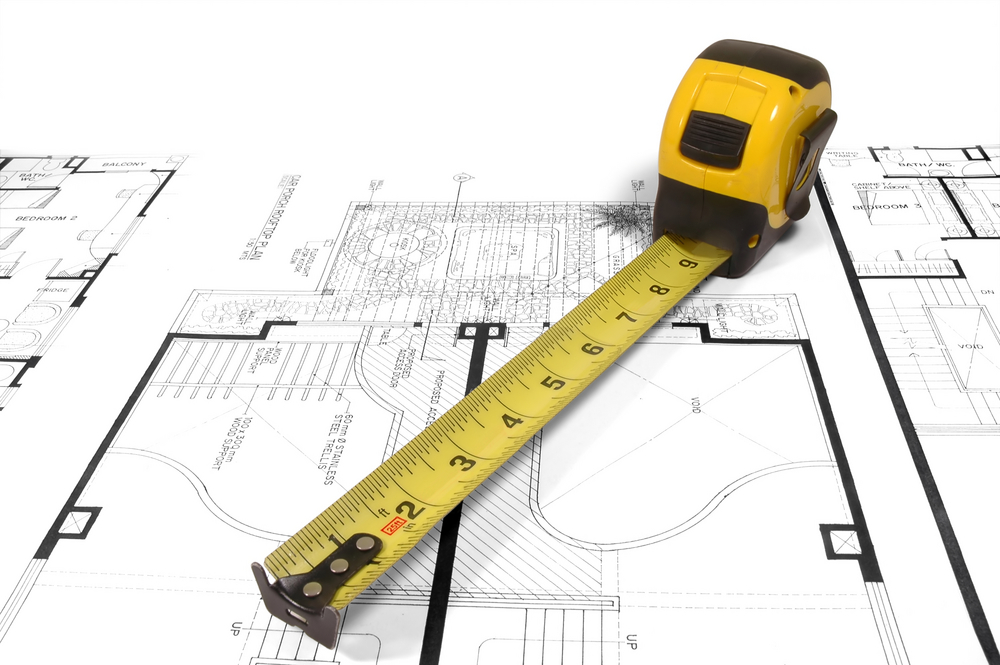Business
5 Commercial Building Products You Need To Know About
Concora’s web experience platform makes it easy for architects, engineers, and contractors to specify and buy your building products.

Commercial Building Products
Concora delivers its patented, state-of-the-art, user experience building technology and full-service commercial customers across the United States a complete portfolio of customization solutions. With over 25 years of experience in product development, management and installation, Concora is positioned to help its customers realize their commercial design dreams. From the beginning, Concora has made it their mission to focus on meeting the demands of the most demanding customer base. They have continually worked with industrial designers and engineers to determine what building and furniture customers require most.
Commercial building products are not one-size-fits all. The design and structure of commercial building products, especially buildings, should be determined by a team of skilled architects and engineers with a passion for innovation and a commitment to customer service. Architectural design and construction teams must collaborate with an experienced technical service provider to determine the best solutions for their specific needs. Together they will build a portfolio of products that will stand up to the challenges of today’s commercial construction market.
Building Products for Specialty Architects and Engineers
The design community is expanding rapidly with specialty designs from many sources. To remain relevant and competitive, today’s builders must find ways to differentiate their products from those offered on the open market. For this reason, many concora team members are drawn to the idea of being involved in a design community. Through concora agreements, these individuals may become involved in a design team and be involved in the process of selecting and developing commercial building products.
Commercial Construction Partner Relationships
It is important that commercial building product manufacturers and suppliers work closely with the construction teams that they serve. A successful commercial building relationship requires seamless flow of information from supplier to the team. By having a consistent and reliable source of information, the design community is able to tap into the knowledge and experience of individual suppliers. Through agreements, these companies are able to streamline product selections and deliver a tailored set of solutions tailored to meet the needs of each project.
Digital Assets Management
In order to streamline operations and reduce operational costs, today’s commercial facilities need to incorporate information technology to effectively store, track, retrieve, and share data. In order to do this, companies need to find easy and affordable ways to maintain digital assets. With the help of a reputable digital asset management provider (DAM), it is possible to consolidate different digital assets into one convenient location. Through DAMs, companies are able to gain access to their online, real time information at any time. Digital asset management reduces the cost of technical support and service calls, and allows management of electronic data and systems from anywhere, at any time.
Bim Workshops
Bim Workshops is an online collaboration and workshop platform that allows manufacturers to provide accurate and up-to-date measurement results from multiple sites around the world. The number of available workshops and events varies by manufacturer but typically feature five or six workshops hosted by experts in a given industry. Bim Workshops can be used to host product demos and seminars. They are also ideal for conducting joint ventures and tapping into new market opportunities.
Building Brand Recognition
Social media and digital asset management play a vital role in brand recognition. Products built by companies using these strategies are easily recognizable. For example, by combining BIM with social media, businesses can share information about their building products easily through Facebook, Twitter, YouTube, blogs, etc. Companies need to make use of all available tools to effectively promote their products on the web. They should also work with social media consultants to create and develop new strategies for online marketing. These strategies include creating compelling advertisements as well as online promotions, such as SEO, PPC, and BIM, and more.
-

 Business6 days ago
Business6 days agoS&P 500 Soars in Best May in Decades Amid Tariff Relief and Nvidia’s Surge
-

 Immigration6 days ago
Immigration6 days agoTrump’s Immigration Crackdown: Legal Battles and Policy Shifts
-

 Business6 days ago
Business6 days agoUS Stock Market Soars in May Amidst Tariff Tensions and Inflation Worries
-

 Government6 days ago
Government6 days agoTrump Administration’s Government Reshaping Efforts Face Criticism and Legal Battles
-

 Business6 days ago
Business6 days agoTrump’s Tariffs: A Global Economic Reckoning
-

 Foreign Policy4 days ago
Foreign Policy4 days agoInside Schedule F: Will Trump’s Federal Workforce Shake-Up Undermine Democracy?
-

 Press Release3 days ago
Press Release3 days agoIn2space Launches Campaign to Make Space Travel Accessible for All











